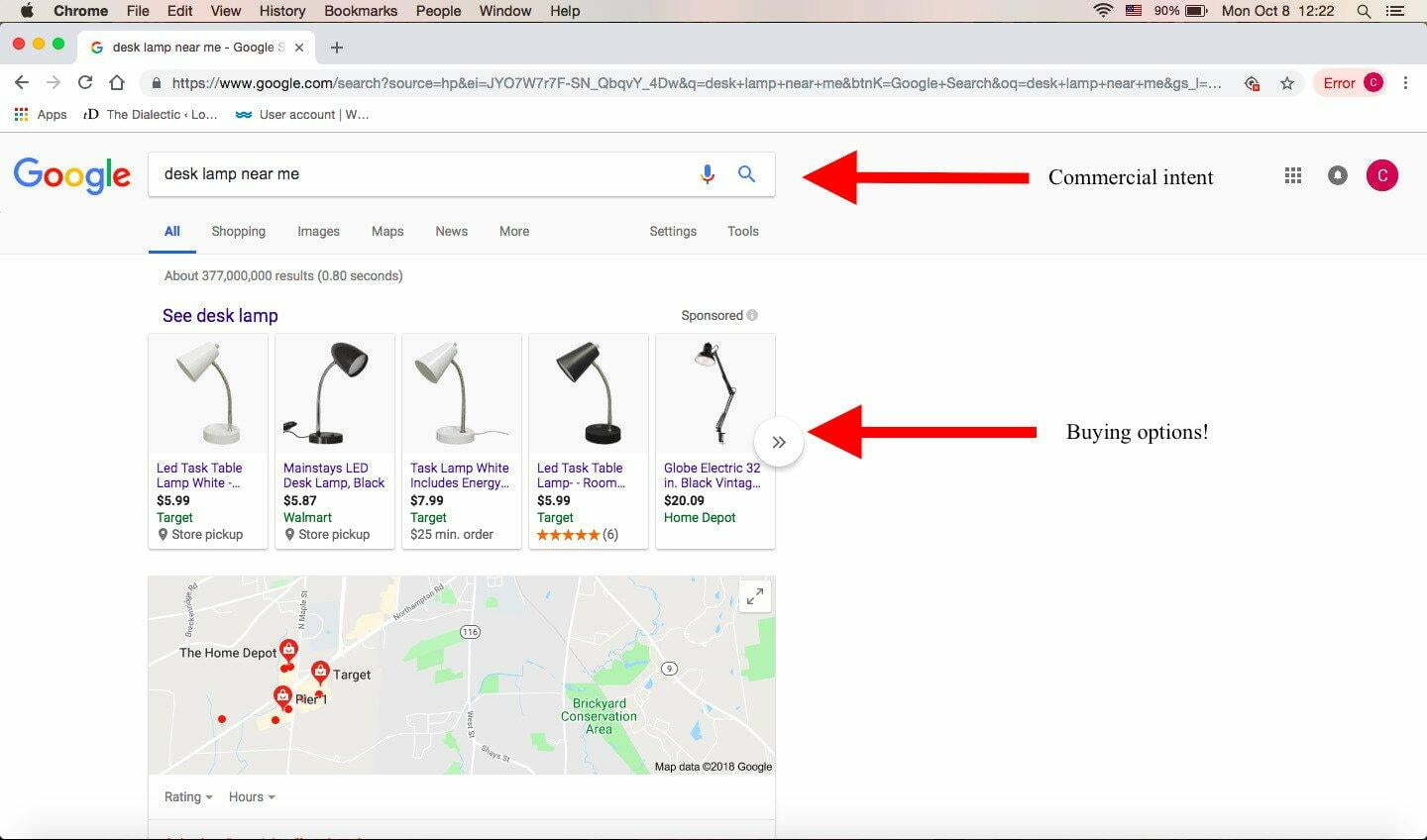
Query Refinement: What Is Query Refinement?
Query refinement refers to the process of refining (or changing, or narrowing down) a search engine query. Ostensibly, a user will refine his or her search when the original query doesn’t produce satisfactory results. Search suggestions can often eliminate the need for manual query refinement.
For example, if someone searches “baseball” in hopes of reading about the history of America’s pastime and instead gets bombarded with paid results from ticket sellers and merchandise retailers, he or she may refine the query by adding “history of” to the beginning.
Why does query refinement matter for search marketing?
Here’s the thing about search engine queries: they’re not all made the same.
In fact, there are three distinct types of search queries, and an understanding of each one is crucial for your success in search. Let’s look at each one in turn.
A navigational query is a search with the intent of navigating to a particular website or web page. A common navigational search query is “YouTube,” which generally shows intent to navigate to YouTube. This type of search query is essentially an alternative to typing a full URL. The level of commercial intent is generally very low.
An informational query is a broad search term—usually just a word or a phrase—with the intent of finding more information on a given topic. To use an earlier example, someone who searches “history of baseball” is most likely trying to learn more about the game. Once again, the level of commercial intent is generally very low.
A transactional query is a search with the intent of researching or purchasing a product. In other words, transactional queries have commercial intent—consumers use them when they want to buy something. It’s pretty likely that anyone who searches “bedside lamp” has at least some interest in buying one. Of course, within the transactional category is a spectrum—commercial intent ranges from the earliest stages of research to the final purchase. A query that’s more indicative of readiness to buy is “desk lamp near me.”
Now, back to the original point: query refinement matters for search marketing because it can totally change the intent behind a searcher’s activity. For instance, changing “YouTube” to “YouTube Red” changes the original query from navigational to transactional. A shift between these to different types of query carry a lot of weight for your PPC campaigns.
How can my business cope with query refinement?
To put it as simply as possible: target transactional queries to ensure that you’re always ready whenever someone tweaks their search.
Let’s start with an example: “How can I do PPC better?”
We know what you’re thinking—that searcher is clearly trying to learn, so it must be an informational query. Good! But, wait—isn’t it also possible that this is a transactional query from someone at the earliest stages of the purchasing process?
This is where content marketing comes in. A prospect in the earliest stages of the purchasing process is located at the top of the sales (or marketing) funnel. Although it may seem counterintuitive, you don’t want to sell to this person—yet. At this early point, it’s best to simply make a good impression. For this particular query, a good piece of content is a blog post with basic PPC tips or a video that reviews different PPC strategies. Give the prospect something of value for free and it’s more likely that he or she will return to you when ready to buy.
And now for an example with higher commercial intent: “best PPC software.”
This is the kind of query you want to target with your paid search campaigns. The most basic way to do this is to bid up on keywords related to the query (e.g., “PPC software,” “PPC tools,” etc.). These keywords are worth the greater investment because the prospect is ready to buy and the top ad spot is incredibly valuable. If you don’t keep up with your bids on these highly commercial keywords, you will miss your best opportunities to capture leads when they’re at their hottest.
Of course, Quality Score is important, too. But that’s for another post.
Understanding query refinement—and the different types of search queries that consumers toggle between—is crucial for search marketing success because it gives you the knowledge you need to allocate your marketing funds and efforts most effectively.

